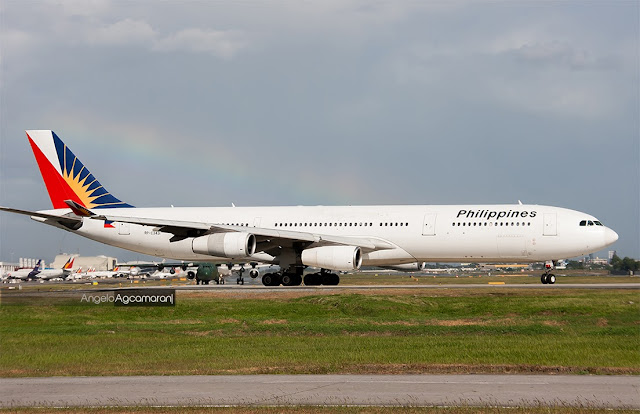The convergence program, called The One-Step Project, seeks to improve the lives of the poor with more direct interventions through tourism. The One-Step Project is a step to include the poor at the start of the development process and integrate communities, including but not limited to the beneficiaries of DSWD’s Pantawid Pamilyang Pilipino Program (Pantawid), in the tourism value chain.
The Department of Tourism (DOT) has inked a
partnership with the Department of Social Work and Development (DSWD) and
United States Agency for International Development (USAID) in a Memorandum of
Understanding (MOU) signing ceremony held last August 5, 2013.
 |
| Signatories to the One
Step Project (L-R): USAID Philippines Mission Director Gloria Steele, DOT
Secretary Ramon R. Jimenez, Jr. and DSWD Secretary Corazon J. Soliman. |
Tourism Secretary Ramon R. Jimenez, Jr. said the
project aims to alleviate poverty by improving the “reach” and “power” of our
people and to be given opportunities to succeed. “The eradication of poverty
begins with the restoration of trust in leadership,” the tourism chief added.
The One-Step Project taps the potential of the
13 million poor Filipinos and the 2.1 million Pantawid households in nine
priority tourism clusters. It aims to identify the poor households with greater
propensity for success, particularly those living in the tourism clusters that
host more than 21 million domestic and foreign tourists, and enroll them in
tourism enterprises either as part of a destination community or a supplier
community.
Under this partnership, the DSWD, through its
Sustainable Livelihood Program (SLP), will help DOT translate the National
Tourism Development Plan (NTDP) into a community-driven eco-tourism development
plan to ensure inclusive economic growth. The DSWD SLP provides opportunities
to its underprivileged participants to be self-reliant by engaging in
income-generating activities.
“Tourism has been identified as a major economic
driver to spur job creation, income, and revenue generation, and more
importantly to spread the benefits to the countryside. This project provides
institutional links to ensure effective implementation. It is providing the poor employment and
business opportunities with long-term benefits. That brings much more stability in governance and raises the
emotional quotient of our nation. Inclusiveness is a strategy, not a goal,”
Secretary Jimenez said.
According to USAID Philippines Mission Director
Gloria Steele, the deeper support towards inclusive growth is a major component
of the bilateral agreement of the United States and Philippine governments.
DSWD Secretary Corazaon “Dinky” J. Soliman
thanked the DOT and USAID for strengthening the Pantawid program, the
government’s conditional cash transfer endeavor, as a vital poverty-reduction and
community empowerment initiative.
Using the financial support from the USAID
Advancing Philippine Competitiveness (COMPETE) Project, a national technical
working group (TWG) will provide the general framework of the project,
including the identification of the major activities to be conducted and
funded. The One-Step Project will be implemented with support from an
organizational structure composed of national and regional TWGs.
The national TWG is composed of the Champions,
DOT Undersecretary Maria Victoria Jasmin and DSWD Undersecretary Parisaya
Taradji; and Chairperson, DOT Assistant Secretary Rolando Canizal. TWG members
include Director Honorita Bayudan, Director Georgina Ann Hernandez, and Angela
Mari Ferrer from DSWD; Director Rica Bueno, Phoebe Areño, and Alex Macatuno
from DOT. The REID Foundation serves as its technical secretariat, while the
regional TWG is composed of the regional directors of the DSWD and DOT, in
coordination with other regional offices and their respective local government
units (LGUs).













